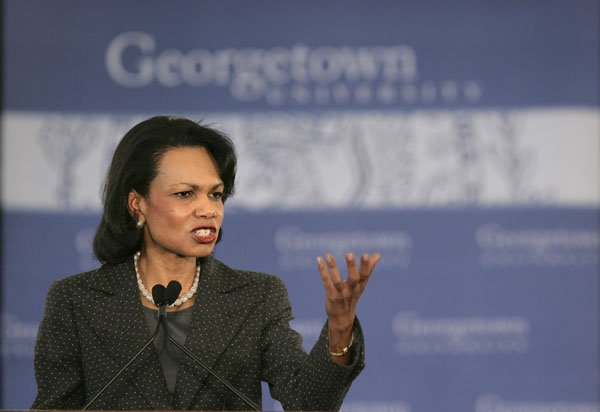Government Grants
Business Grants
Home Owner Programs
Federal Programs
About Us
Legal Support for Kazakh Media
The United States of America and the Republic of Kazakhstan maintain a strong and extensive partnership in both bilateral and regional matters, including efforts to support Kazakhstan’s commitment to protecting media freedoms and enhancing journalistic professionalism.
Legal protection is essential for creating a safe environment for journalism, ensuring the safety of journalists and their ability to fulfill their duties.
It is equally important for journalists and content creators to understand their rights and responsibilities as defined by law.
With the implementation of the new Mass Media Law, there is an increased need for legal literacy within the Kazakh media landscape.
This encompasses not only journalists and content creators but also groups such as law students, practitioners, judicial officials, and law enforcement (see note below on Leahy vetting requirement) who need to understand the best practices for working with journalists.
Additionally, internet freedom is crucial, as many independent journalists and bloggers face the threat of account hacking, which undermines their ability to operate freely and safely.
In addition to protecting media freedoms, enhancing ethics and management practices of media professionals is vital for maintaining a robust and well-functioning media landscape.
The main focus is to create an equitable environment for independent media outlets and provide them with the necessary skills to navigate economic challenges, such as financial management and maintaining resilience during economic downturns.
To achieve these goals, the U. S. Embassy aims to facilitate collaboration among various stakeholders by partnering with qualified organizations to implement one or multiple programs aimed at providing essential legal support to Kazakh media outlets and journalists.
This initiative seeks to provide legal support, as well as ethics and management training, to journalists, content creators, law students, practitioners, judicial officials, and law enforcement in Kazakhstan, thereby bridging the gap between legal expertise and the media landscape.
Legal protection is essential for creating a safe environment for journalism, ensuring the safety of journalists and their ability to fulfill their duties.
It is equally important for journalists and content creators to understand their rights and responsibilities as defined by law.
With the implementation of the new Mass Media Law, there is an increased need for legal literacy within the Kazakh media landscape.
This encompasses not only journalists and content creators but also groups such as law students, practitioners, judicial officials, and law enforcement (see note below on Leahy vetting requirement) who need to understand the best practices for working with journalists.
Additionally, internet freedom is crucial, as many independent journalists and bloggers face the threat of account hacking, which undermines their ability to operate freely and safely.
In addition to protecting media freedoms, enhancing ethics and management practices of media professionals is vital for maintaining a robust and well-functioning media landscape.
The main focus is to create an equitable environment for independent media outlets and provide them with the necessary skills to navigate economic challenges, such as financial management and maintaining resilience during economic downturns.
To achieve these goals, the U. S. Embassy aims to facilitate collaboration among various stakeholders by partnering with qualified organizations to implement one or multiple programs aimed at providing essential legal support to Kazakh media outlets and journalists.
This initiative seeks to provide legal support, as well as ethics and management training, to journalists, content creators, law students, practitioners, judicial officials, and law enforcement in Kazakhstan, thereby bridging the gap between legal expertise and the media landscape.
Obtain Full Opportunity Text:
Office of Elementary and Secondary Education (OESE): Office of Indian Education (OIE): Indian Education Discretionary Grants Program: Professional Development Program (PD) Training Grants, Assistance Listing Number (ALN) 84.299B; Notice
Additional Information of Eligibility:
The following organizations are eligible to apply: Not-for-profit organizations, including think tanks and civil society/non-governmental organizations, from both the United States and Kazakhstan, with experience in providing legal support to journalists.
Public and private institutions from the United States and Kazakhstan
Full Opportunity Web Address:
https://www.govinfo.gov/content/pkg/FR-2025-01-17/pdf/2025-01316.pdf
Contact:
Agency Email Description:
KazPDSMediaGrants@state.gov
Agency Email:
Date Posted:
2025-01-21
Application Due Date:
Archive Date:
2025-04-13
Social Entrepreneurship
Spotlight
When it Comes to Social Enterprises, Failure is the Best Platform for Innovation

In the world of social enterprises, failure is a cringe-worthy moment nobody wants to talk about. But, social entrepreneurs can benefit from their failures.

